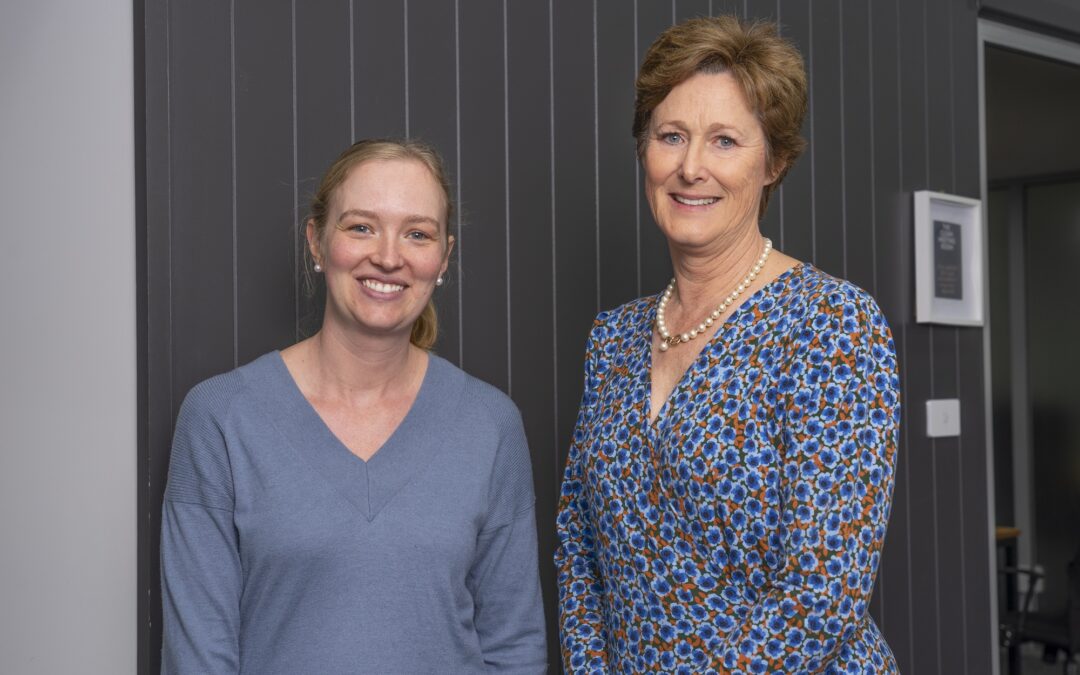If you haven’t figured out your lifestyle goals for the future, your financial strategy is like a journey without a destination.
When you’re creating a financial plan, it’s tempting to focus purely on the money aspect – for example, how much your weekly budget is, or how much your investments are likely to grow. But if you only plan the ‘how’ without thinking about the ‘why’, the strategy you choose might not be the best option for getting you where you want to go.
So it’s worth stepping back and taking a look at the bigger picture with your Financial Adviser, by considering where you see yourself in 5, 10 or even 20 years. You’ll be in a better position to work out the right financial strategy to match.
Lifestyle goals, not financial ones
The first thing to remember is that your financial strategy isn’t about making money, it’s about creating the lifestyle you want. So instead of saying you want to make X amount of dollars by 2030, think about what you’d like to use that money for.
When you’re setting your goals, take into account the various aspects of your personal and professional life. Depending on your situation, that may include your education, career, family plans, creative aspirations, hobbies and passions.
Different goals for different life stages
When it comes to your goals, think about the short, medium and long term. For instance, some of your goals might be achievable in the near future, like taking a holiday or trading in your car, while others might be for further down the track, like buying a new home or setting up a business.
You should also think about how your goals might change at different stages of your life. When you’re just starting out, your goals may include moving out of home and finding a job. After that, you may want to start a serious relationship and have a family. And once there are children in the mix, your focus is likely to shift towards paying for their education and putting savings aside for the future. Then later, you’ll want to be well prepared for retirement so you can enjoy the lifestyle you’ve worked hard for.
It helps to think of your goals as steps along life’s journey. By mapping out what you want that journey to look like, you’ll have a better chance of enjoying each step along the way.
5 tips for effective goal setting
1. Be SMART. Make your goals Specific, Measurable, Achievable, Relevant and Time-based. Each goal should have a realistic deadline and clearly defined actions for you to complete.
2. Break them down. Large, long-term goals may feel hard to reach, so it helps to break them into smaller sub-goals. So for example, if your goal is to start your own business, a sub-goal might be to enrol in a business class.
3. Keep a record. Research shows that you’re about 33% more likely to achieve your goals if you write them down. It also forces you to be clear in your mind about what your goals actually are. Once you’ve recorded your goals, keep them somewhere you can see them – it will keep you motivated.
4. Prioritise. Some goals may be more important to you than others, so it’s a good idea to consider them in order of priority. That way, you’ll know where to focus your time and energy.
5. Review. If your circumstances change, your goals may as well. By regularly reviewing your goals, you’ll be able to adapt your financial strategy accordingly if they change. And each time you achieve a goal, don’t forget to reward yourself.



